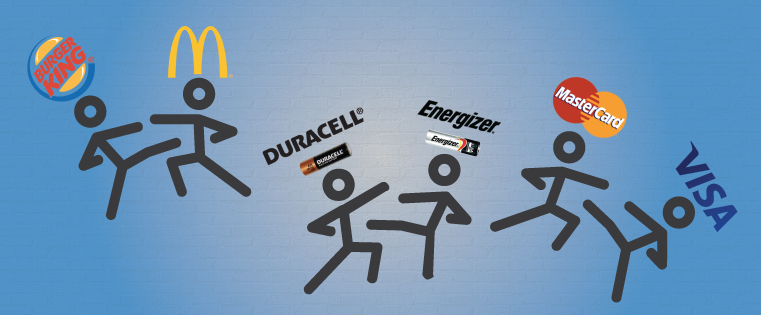

When content is coming out of our collective ears, content isn’t “king” -- strategy is. Strategy may be the one quotient that marketing experts can’t commoditize, though it’s not for lack of trying.
In the 1990s, every independent professional was a consultant. Your IT specialist became an IT consultant, and the price went up. In the 2000s, if you were a consultant, you were a coach. Coaching meant, "I want a recurring income, rather than a project termination date." The subscription model had begun to drive the economy of independent professionals.
Now every marketer wants to be a “strategist,” because it seems to mean more control over the plan and the budget -- and less actual work. A social Media or SEO specialist implements. Become an social or SEO "strategist," you get to be the point of contact, the referral source, and ensure that, if anyone is paid for merely providing an opinion on what to do, it's you.
As if to further obfuscate matters, with the death of technical search optimization and the normalization of social media usage, strategy itself risks devolving into cliches about how to grow a business’s reach online. We hear the concept of "engagement" thrown around like it can be concretely defined and its value precisely measured. We want to reach "influencers," without realizing they're inherently immune to sales pitches. Being strategic is like being "successful" or "rich." Everyone wants it. No one can pinpoint exactly what it means.
No one disputes that strategy as such is indispensable, but companies need to distinguish the real thing from an excuse for absorbing their marketing dollars with just more consulting. Piles of reports in the name of data-driven marketing analysis can end up substituting technology, and indeed terminology, for actual strategic planning. In the end, maybe you get a checklist as a nod toward implementation, but what gets done?
A marketing strategy becomes someone else's revenue strategy when most of the marketing budget goes toward analysis, while the action is dumped onto hapless freelancers who may or may not resonate with the voice of the audience.
It's an open secret that, often, when you hand your marketing over to a specialist, strategy gets absorbed in keeping that person employed. Strategy is the easiest thing to claim when you've got your feet up on the desk playing Angry Birds. The marketing leader hands the remaining budget to outsource agencies, which shave off their cut before finding and assigning the hands-on work to freelancers. That's because most agencies simply can't keep a sufficient bank of in-house talent, just like their clients can't. As a result, the revenue model is layer upon layer of analysis, data gathering, and yes -- strategy.
There's a case to be made for separating implementation from marketing strategy, and then actually putting more, not less, into the latter. In the financial world, an advisor either gets a commission from recommended funds or doesn't. The one that gets a commission can charge clients less for the consulting, but then the advice is tied to an outcome the advisor needs. The financial consultant that can recommend any course of action, gets no commission, and sells nothing but strategic advice, charges 400% more, but all the choices put your goals first.
When generals have to charge into battle with their recruits, they make different strategic choices than when the only thing that matters is the outcome. Maybe a more effective model is giving the strategy role to someone with no power to outsource, and no loyalty to or specialization in any one marketing implementation. Make the self-interest center around being effective. Then look at whether the business goals and strategic context lead to further insourcing, outsourcing, or a mix of both for implementation.
Strategic thinking can envision an entire set of relationships between an edifice, its environment, and all the participants before looking at any plans. Strategy does, however, need a pretty close correlation to actionable boots-on-the-ground momentum. That means gathering some information at the start, but then an ongoing practice of informing, correcting, and optimizing the marketing process. It actually isn't nebulous.
The moment you launch a marketing campaign, it begins to change. That's where strategy makes the difference between stalled and stuck in the mud or taking the hill nearest you and staging the next action from there. Strategy is about next right steps in a constantly changing environment. It takes nerve, patience, and vision.
There's never a right answer in marketing strategy, only many wrong ones. Likewise, you can't plan an entire market invasion soup-to-nuts, anymore than you can conduct a land war in Asia or a desert war in the Middle East that way.
What separates the marketing fakers, shirkers, and posers from the real deal is the ability to hold course while the ground is shifting, and shift course when the target audience moves. To do that, strategy needs to be lean, action-focused, and unencumbered by who gets the money.










